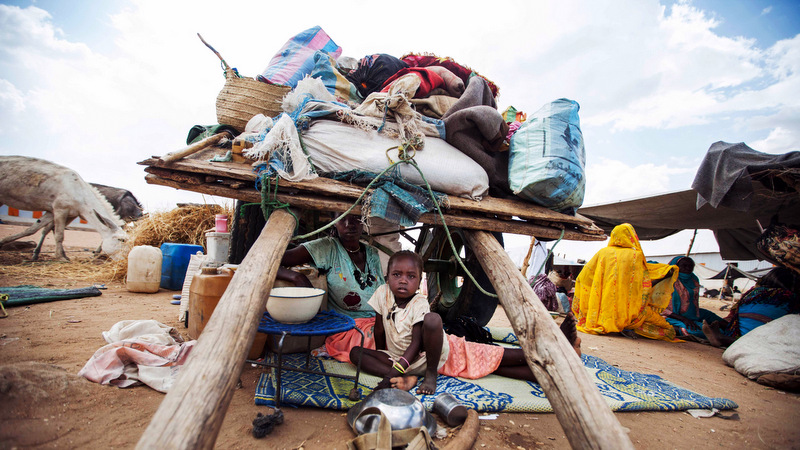– South Sudan’s Democratic Army Cobra Faction announced its third release of child soldiers as agreed in a pact with the government signed last May.
Over the weekend, 654 children registered with the U.N. Children’s Fund (UNICEF) were released – bringing the total freed by the militia group since January to 1,314.
The children exchanged their weapons and uniforms for civilian clothes at a ceremony in Lekuangole, in Jinglei State. Some 3,000 children are slated to be freed under the U.N. deal.
The children – between 11 and 17 years of age – had been enlisted to carry AK-47s, raid homes and cattle farms and take part in deadly revenge attacks through South Sudan.
A nine-year-old girl was among four girls freed with the boy soldiers – part of the largest ever release of child fighters in the world’s youngest nation, the United Nations said on Monday.
“While we welcome freedom for the children, we are also deeply disturbed by the hundreds of children (still) being abducted in Upper Nile and Unity States,” UNICEF’s country representative, Jonathan Veitch, said in a statement.
“Boys are being targeted and rounded up by forces of the government and opposition.”
One child soldier, 12-year-old Steven, speaking to an NGO in the region, said: “There was nothing for me in Pibor (his home town). No roads or hospitals or even schools. Sometimes there was no food. But life in the (fighting faction) was not good. There is no rest,” he said.
At a ceremony on the day of their release, a former leader was seen wiping away tears as the youngsters recited their military chant for the last time. He said to the young children: “That song you sing, that is an adult struggle.”
A South Sudan military spokesman, meanwhile, insists that standing orders prohibit the military from recruiting children.
Some 12,000 children are still in active combat both on the side of the rebels and militias allied to government, Unicef says, making the removal of child fighters from the conflict a difficult task.
The heaviest combat is taking place in the oil regions, as forces loyal to former Vice President Riek Machar battle with government forces for control of the oil fields.
Oil production is down by a third to 160,000 barrels a day, straining the country’s ability to pay for food and other vital imports.
Talks to reach a power-sharing agreement broke down again in Ethiopia this month after the two sides disagreed on how to share executive power in an interim government.
The International Crisis Group estimates that at least 50,000 people have been killed in the conflict, while nearly two million people remain displaced.


